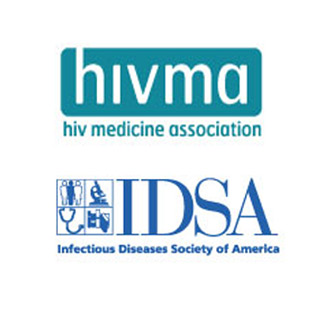
Also, the primary care needs of individuals living with HIV seemed to have never been more essential. Apparently, updated, evidence-based guidelines from the HIV Medicine Association (HIVMA) and the Infectious Diseases Society of America (IDSA) are designed in order to assist providers manage the care of those experiencing complex chronic infection.
“While improvements in antiretroviral therapy have improved the prognosis for many HIV patients, data from recent studies suggest those living with HIV are at higher risk for developing common health problems, such as heart disease, diabetes, or cancer. Now more than ever, it’s imperative that HIV care providers be aware of the primary care needs of their patients, and that includes routine screening for these kinds of conditions,†says Judith A. Aberg, MD, FIDSA, lead author of the new guidelines.
The updated, evidence-based guidelines outline which was developed by an expert panel and was last updated in the year 2004. Also, it seems to have recommended screening tests for common health problems in view of HIV infection. Furthermore, information regarding recommended immunizations, along with dose and regimen details was noted to have been provided. Apparently, the guidelines also laid emphasis on the importance of patients staying to a comprehensive program of care instead of focusing exclusively on a medicine routine.
Dr. Aberg, director of virology at New York University School of Medicine and Bellevue Hospital Center in New York City stated that, “For people living with HIV, it’s not just about adherence to medication; it’s also about adherence to care. These patients must have access to a range of services to help them stay engaged in their medical care and should receive the regular monitoring and medical attention this chronic infection demands.â€
“Many HIV programs are effectively using the medical home model today to manage the complex needs of HIV patients. This successful track record offers a valuable lesson, not only for HIV care but for all patients, as lawmakers finalize health care reforms,†says Michael S. Saag, MD, FIDSA, HIVMA chair-elect.
This approach was believed to have complemented a model of care i.e. the medical home. Allegedly, this model of care emphasizes a complete, personalized, patient-centered approach which is coordinated with a team of health providers by means of specific roles.
The study has been published in the online journal of Clinical Infectious Diseases.

